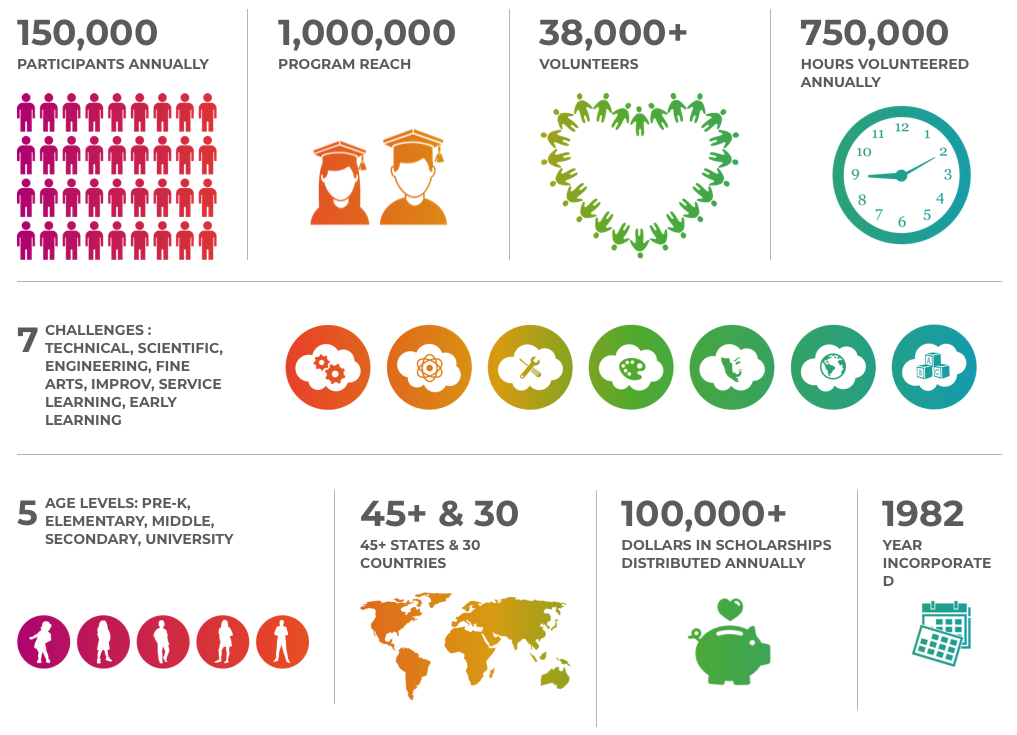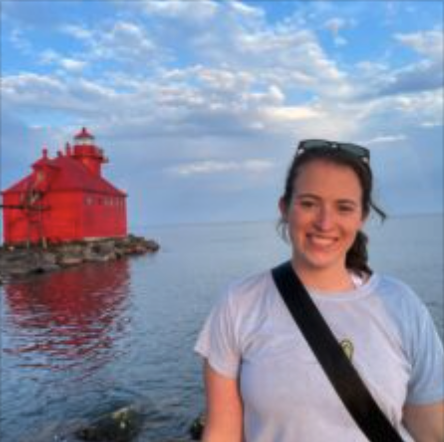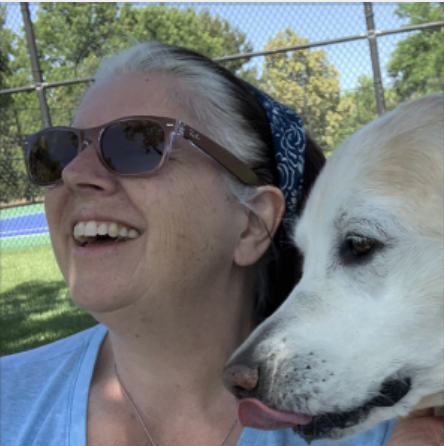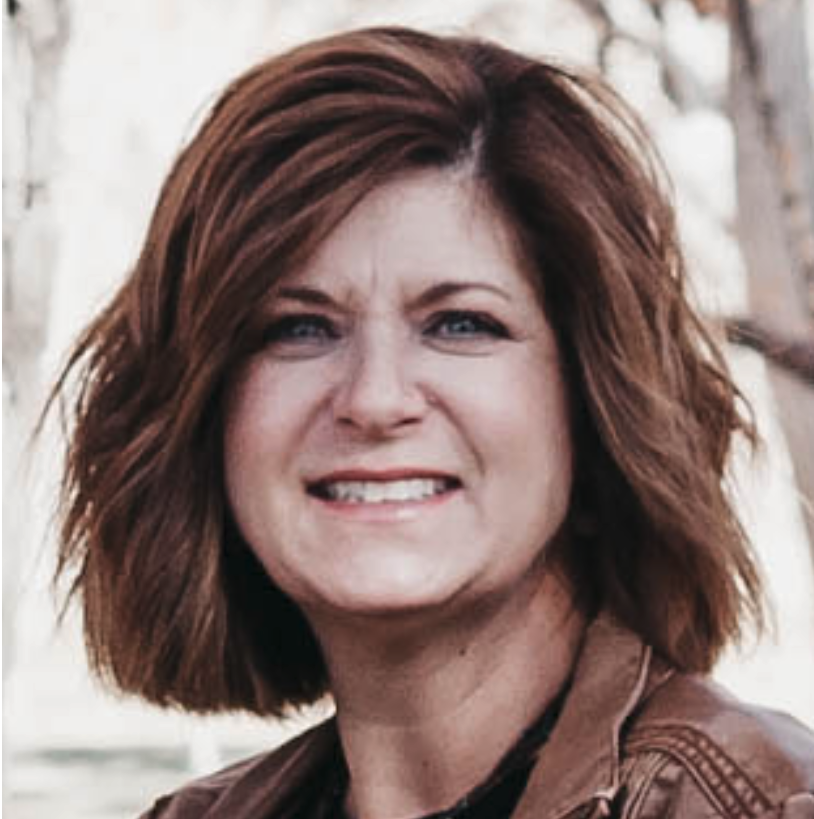Destination Imagination (DI) prepares Colorado’s kids to be the innovators of the future by combining the arts, sciences, and technology with creativity, teamwork, and problem solving. Destination Imagination is a non-profit organization primarily run by volunteers.
The DI experience is wholly unique: ultimate learner ownership, learning through clarifying questions and experiences, resource awareness, rapid ideation and implementation, and authentic self-expression. Our goal is to create a different type of learner: a learner who asks questions, a learner who is in control of their learning, a lifelong learner.
State-wide academic tournaments provide teams the opportunity to present their solutions to trained DI Appraisers. Students have fun and gain confidence in their ability to solve and present solutions to any challenge. In working to solve DI Challenges, team members learn 21st century skills (Durable Skills), such as creativity, critical thinking, collaboration, communication, citizenship, and courage; they step outside of their comfort zones to pursue ideas and present their thoughts, and, they learn to build upon their individual strengths
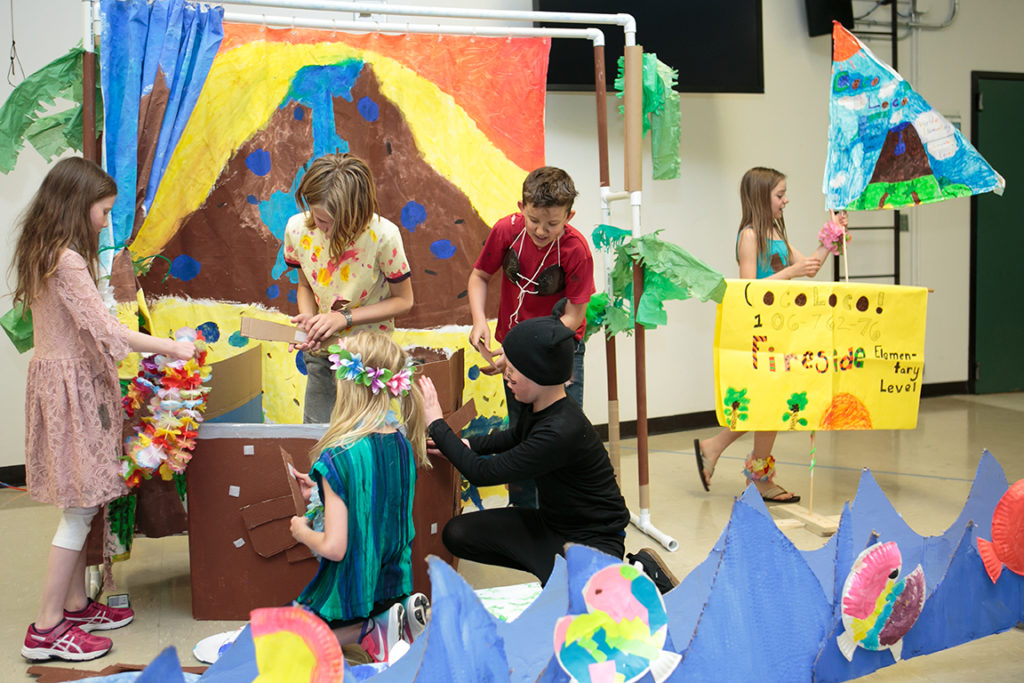

Kate Donelan
Executive DirectorEXECUTIVE DIRECTOR
About Kate: I fell in love with the Destination Imagination Educational Experience when my oldest child was in 1st grade. I saw the power of teaching students the creative process as well as all the social emotional learning that took place. I was the Team Manager for both my sons teams and saw many students participate and learn!! What an amazing aspect of growing up it was to be a part of!
I became the Executive Director of DI Colorado in 2010, and was honored and privileged to accept the position. Working with adults and youth through this amazing journey has been one of my great joys in life.
My other joys: my boys, Aidan and Dominic and my husband David. I also love reading, hiking, and exploring Colorado!
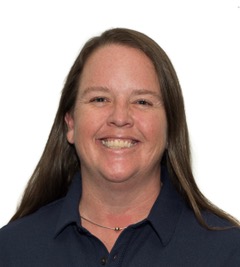
Kim Marlow
Program SupportDI COLORADO PROGRAM SUPPORT
About Kim:
My journey into competitive creative problem solving began in elementary school participating in the program with my mom as an incredible role model and team manager. I rekindled my love for creative problem solving managing teams for my kids.
I’m thrilled to now work with both adults and students helping them unlock and expand their creativity, leadership, and teamwork skills through Destination Imagination.
Other tidbits – I enjoy coaching and refereeing volleyball, playing pickleball, and watching baseball, along with summertime gardening. Most importantly, I cherish spending quality time with my husband, Craig, and our children, Amanda and Sean.
REGIONAL TEAMS
While Kate runs our Colorado Destination Imagination state office, each region is organized by a small team of volunteers. (See more information about our Regional Directors below). In addition, you can learn more about each region by clicking on link ABOVE the pictures of each regional director, or by clicking on the REGIONS page.

